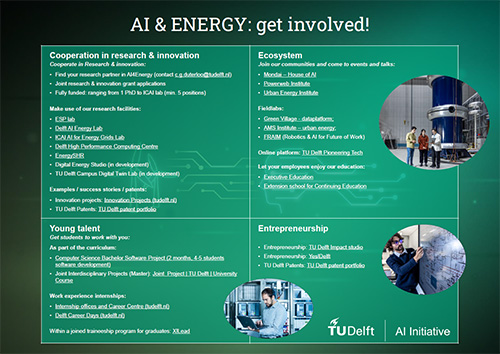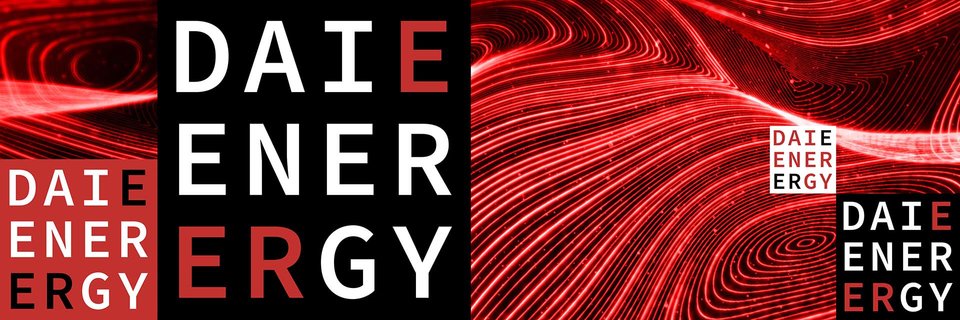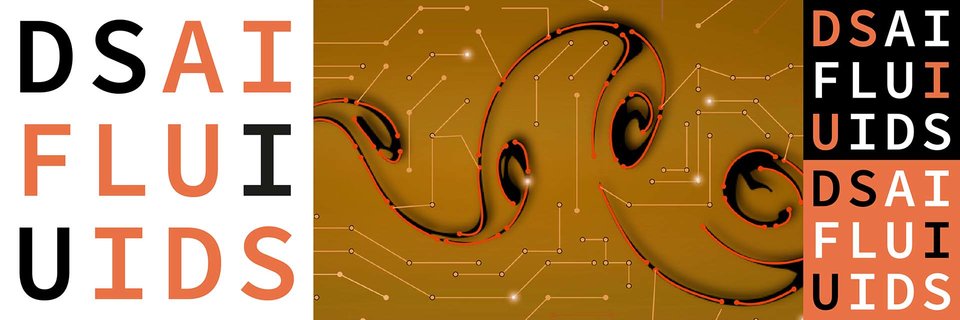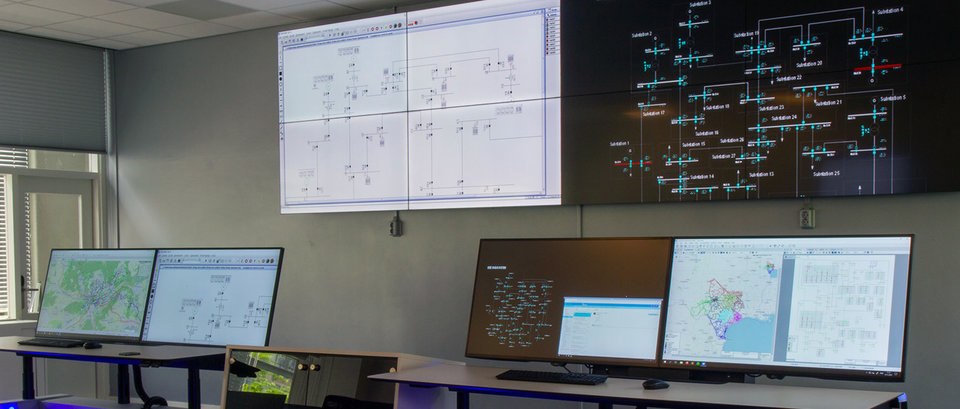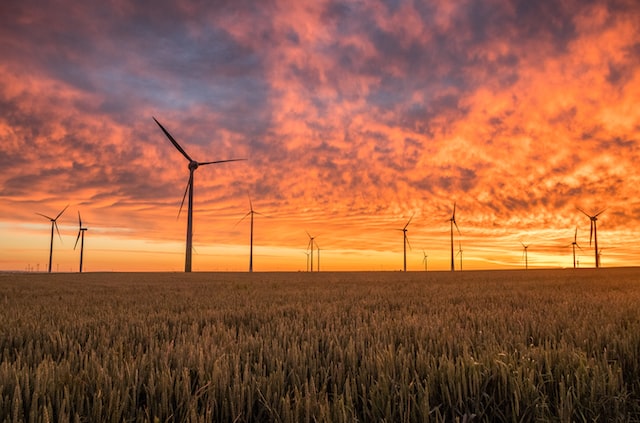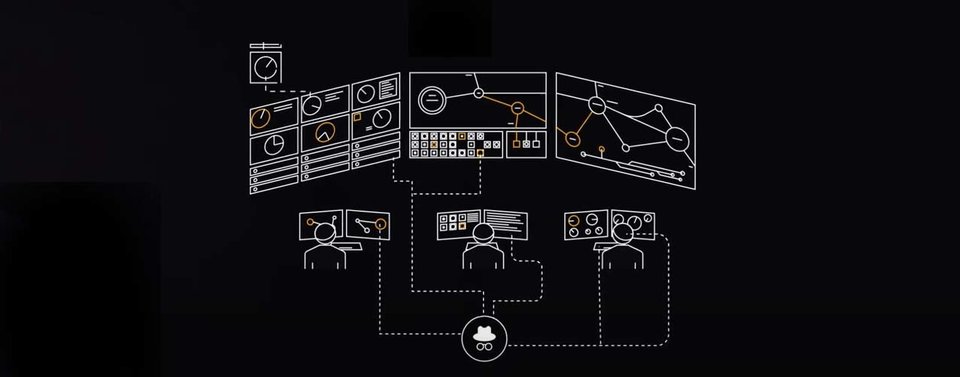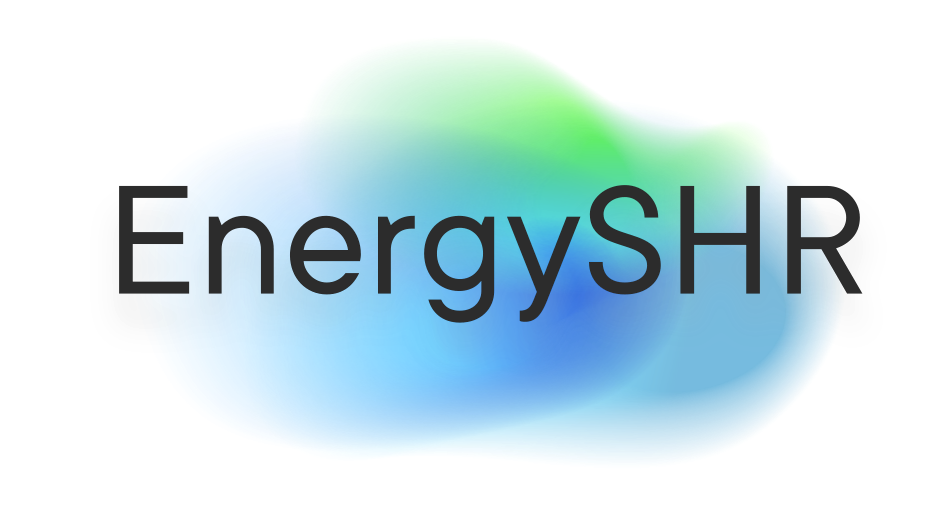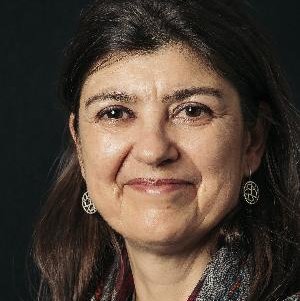AI for Energy and Sustainability
The energy transition exposes the complexity of our energy system. A future system must 'green up' to become sustainable – while continuing to balance electricity production and consumption at all times. Digitalisation of energy systems has increased enormously, and so has the availability of data. This allows us to use AI to accelerate the energy transition significantly. AI is already seen in small-scale applications, for example in smart thermostats, or when charging electric cars when energy demand and prices are low. However, the energy system as a whole is still far from smart, and AI can make it a lot more efficient.
In-depth knowledge of AI provides important tools to energy and sustainability experts. These tools include algorithms specially developed for controlling energy distribution systems – establishing and improving control over energy infrastructure (for example, underground heat storage). They also offer smart support during complex decision-making processes, for example those involving investments that have an impact on the entire energy system. Testing solutions in practice is often not possible, or very laborious and costly, so AI enables us to develop highly detailed models and simulators that can substitute for some of these practical tests.
Reseach areas
TU Delft gives a boost to the Dutch energy landscape, conducting AI research into a sustainable and fair energy system for all. With over 700 energy scientists and several thousand students, we are working to develop the knowledge and innovations needed for the energy transition. Our AI research aims to gain more insights into systems and processes, through automated learning from data. We seek to develop an intelligent system that supports both engineers and societal stakeholders in decision-making, addressing the design of parts of the energy network and also how the network is used.
We focus on the following key energy and sustainability challenges in the field of AI and digitalisation:
- Supporting decision-making for energy system renewal, considering risks, available resources and resilience. This takes into account multiple stakeholders and includes impacts on society and the environment.
- Coordinating and accurately managing the energy system, including the infrastructure and energy markets for electricity, heat and gas. We seek to make the integrated system efficient, reliable and fair, even when all energy sources are renewable and therefore mostly variable and hardly controllable.
- Ensuring efficient energy use by system components, both equipment and models.
- Supporting interactions in the energy system, with fast and efficient interactions between actors (producers, consumers, households and industry) and also between actors and the energy system.
- Participants in the TU Delft MOOC 'Digitalisation of intelligent and integrated energy systems' learn where and how to apply intelligence to the energy network to create a digitalised, automated, integrated and optimised energy system. The course is in English: https://www.edx.org/course/intelligent-integrated-energy-systems-2
- The Kick-off Course AI & Energy is an initiative of the Dutch AI Coalition (NL AIC) and the Topsector Energy and Sustainability. It is a free online course that aims to make mechanics, installers and other professionals in the energy industry aware of the opportunities presented by AI and what AI means for their daily work. Experts and users explain basic concepts such as algorithms, AI, machine learning and deep learning: https://energie.ai-cursus.nl
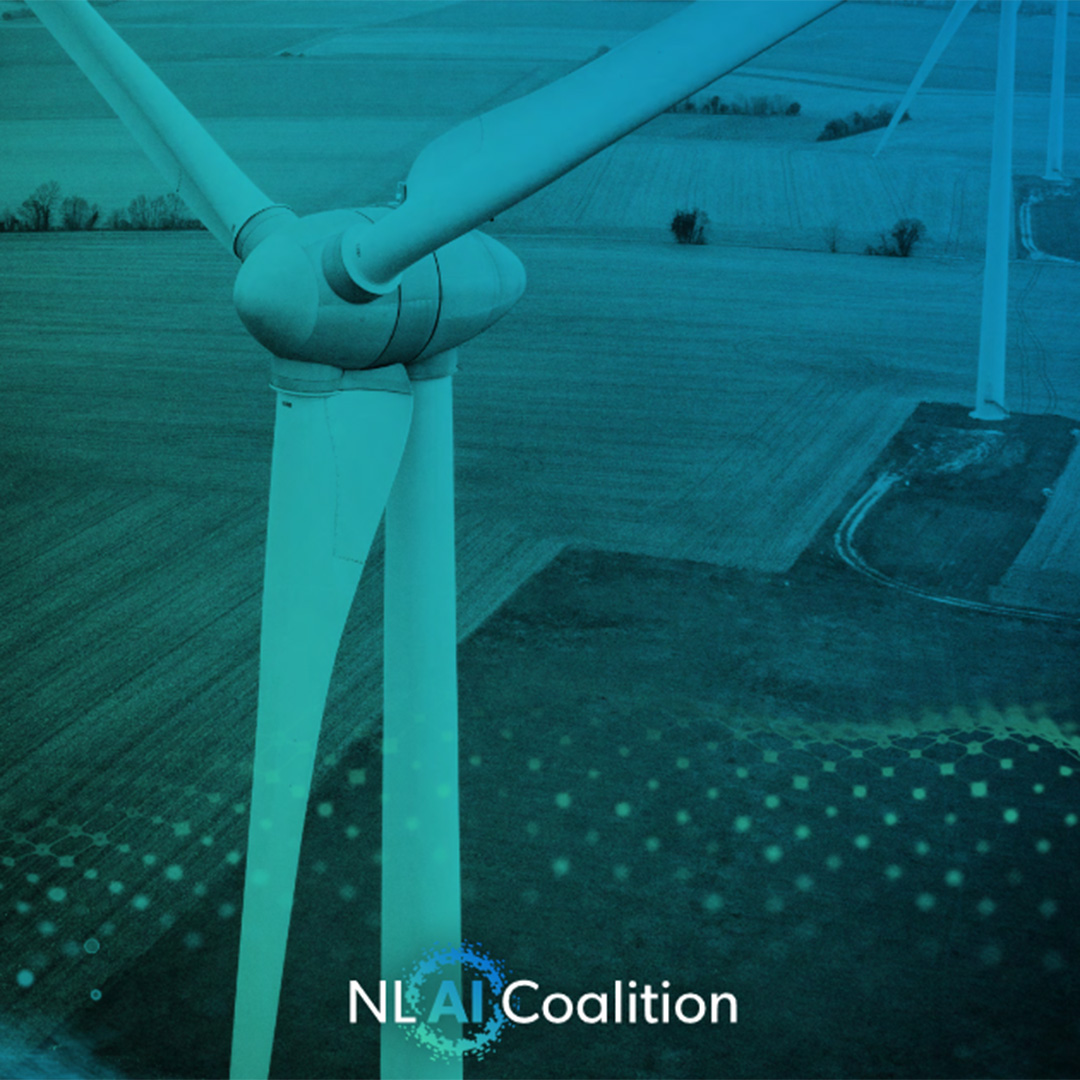
AI for a CO2-free energy system
The Energy and Sustainability working group of the Dutch AI Coalition (NL AIC) released a position paper 'AI as an accelerator of the energy transition' in September 2021. This paper sets out the opportunities for a CO2-free energy system. Researchers from TU Delft have made an active contribution to this agenda through the core group.

